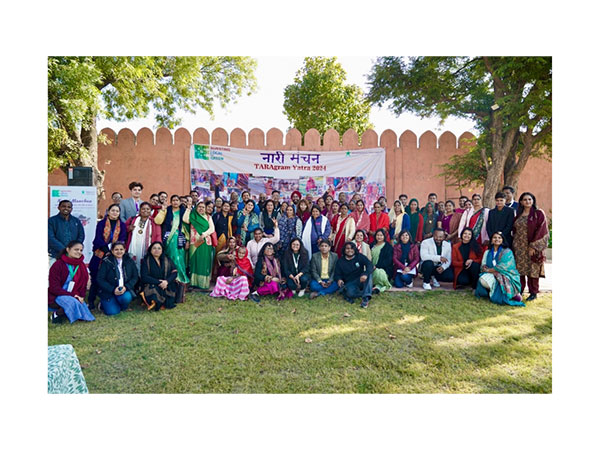
Cambodia, ASEAN, Asia-Pacific region make great strides in digitalization: Cambodian PM
Apr 22, 2024
Phnom Penh [Cambodia], April 22: Cambodia, ASEAN and the Asia-Pacific region have made significant progress in digitalization over the last few years, though they still face some challenges, Cambodian Prime Minister Hun Manet said on Monday.
In a speech delivered to the 80th Session of the United Nations Economic and Social Commission for Asia and the Pacific (UN-ESCAP) in Bangkok and live broadcast on the state-run National Television of Cambodia (TVK), Hun Manet said digital innovation is crucial to sustainable, inclusive, and resilient development, especially in addressing inequalities exacerbated by the COVID-19 pandemic as well as in timely responding to growing emerging needs of the people.
"Through the use of technology, we can narrow the gap in accessing to the opportunities and essential services. In other words, it enables us to redistribute the benefits of the development to all people equally," he said at the session under the theme of "Leveraging Digital Innovation for Sustainable Development in Asia and the Pacific."
The prime minister said Cambodia has actively involved in ASEAN digital initiatives, particularly the preparation of the "ASEAN Digital Economy Framework Agreement," a framework aimed to provide a strategic and comprehensive regional approach to promote timely and inclusive digitalization in the region.
He said the implementation of this framework will expand the size of ASEAN digital economy from 1 trillion U.S. dollars to 2 trillion dollars by 2030.
"In addition, ASEAN has already considered digital economy as a priority chapter in various agreements such as the ASEAN-Australia-New Zealand Free Trade Area, ASEAN-China Free Trade Area (ACFTA 3.0), and Regional Comprehensive Economic Partnership (RCEP)," he said.
Hun Manet said despite significant progress made in the development of digitalization in Cambodia, ASEAN and the Asia-Pacific region, countries still face some challenges such as digital gap between countries, and between cities and rural areas, limited level of digital literacy among people, cyber security, and cybercrime, among others.
"These challenges have hampered abilities of countries to realize full growth potential of their economies," he said. "In addition, war, conflicts, and remnants of war also present obstacles for some countries to fully embrace digital technology as an engine for growth."
Source: Xinhua






